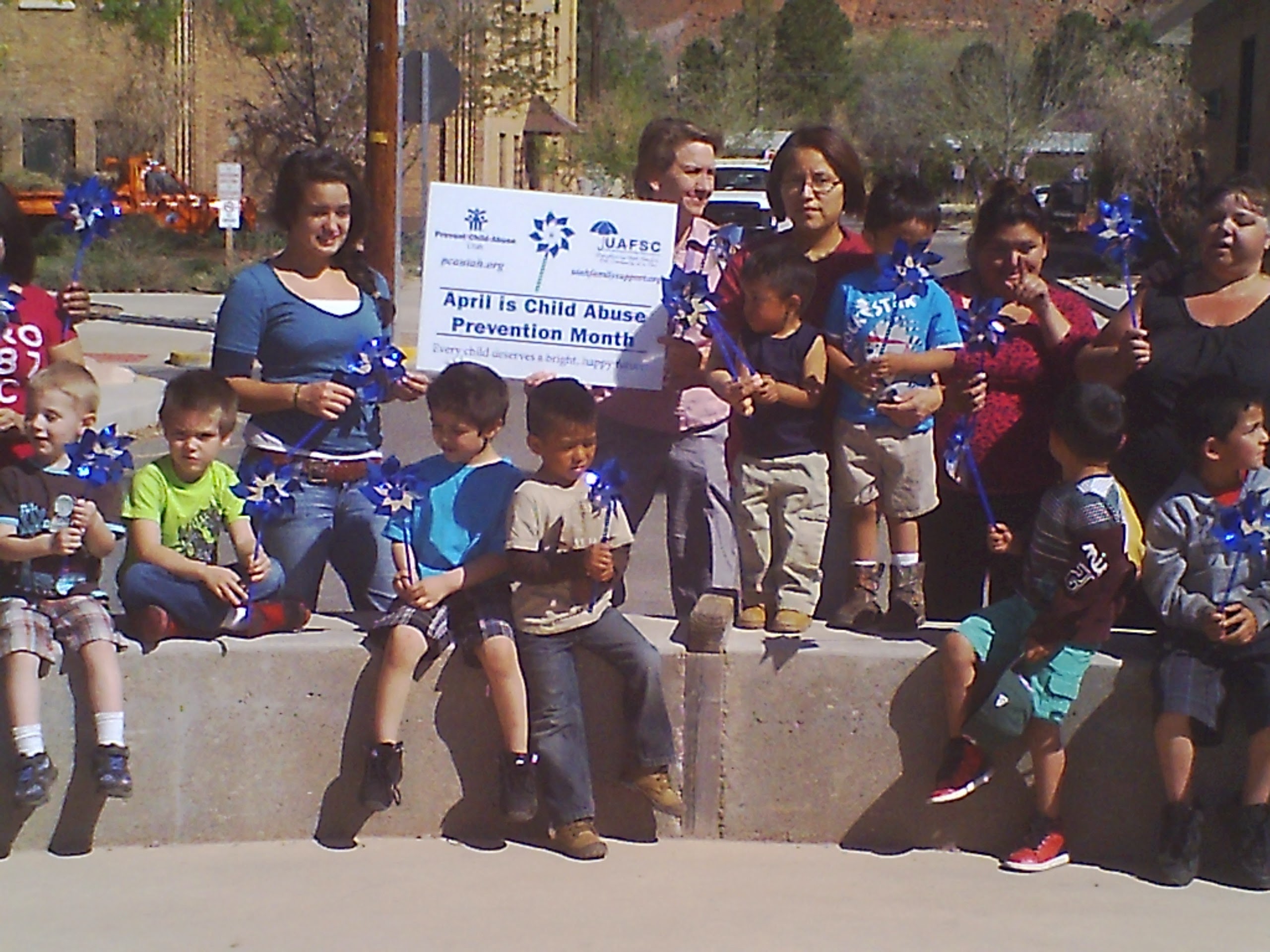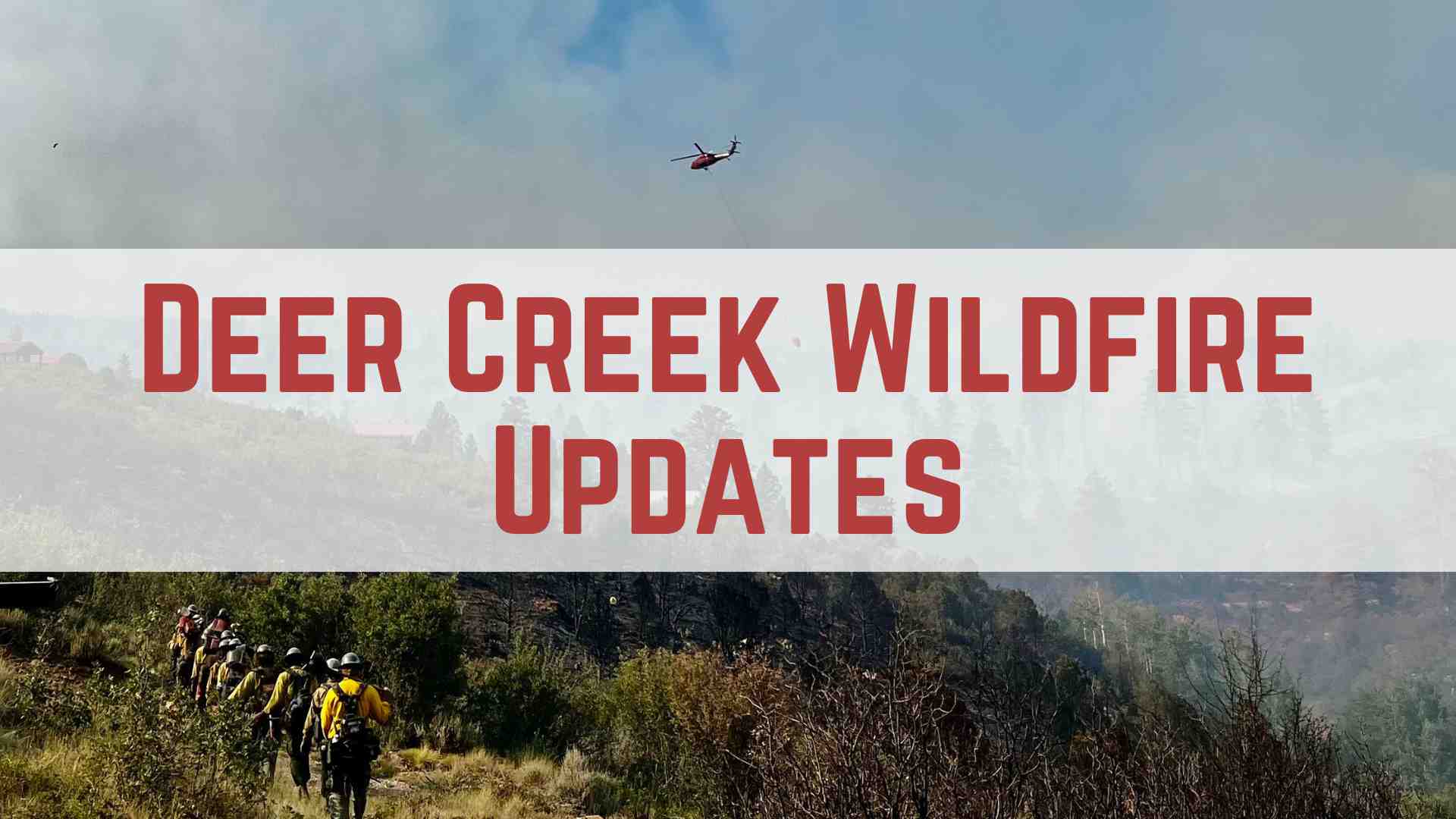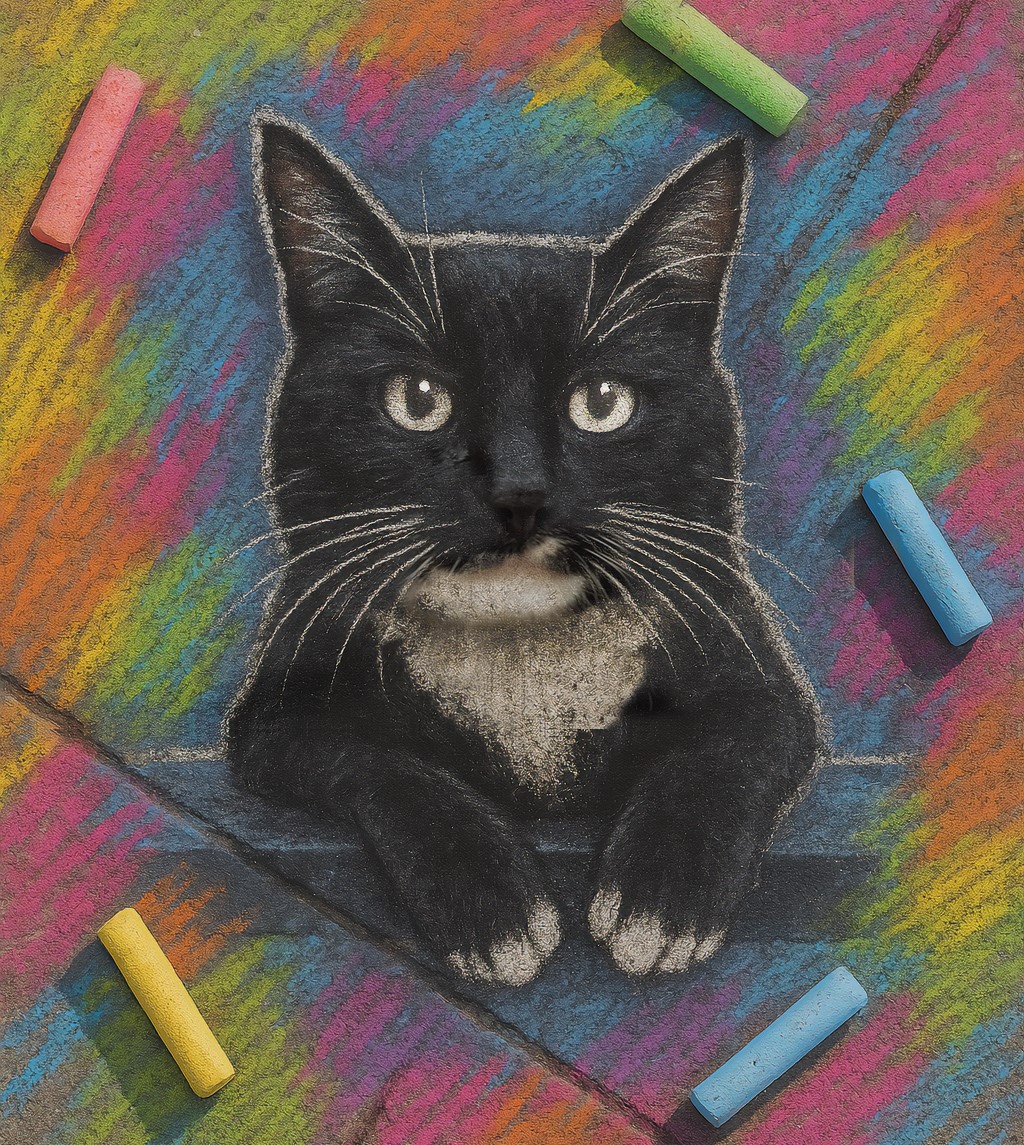Some information may be outdated.
More than 150 people gathered Monday, April 7, at the Children’s Garden in front of the Grand County Courthouse to plant blue pinwheels in recognition of National Child Abuse Prevention Month. The event is one of several occurring around Utah in April.
The planting of blue pinwheels, as a reminder for child abuse prevention, is a nationwide campaign that started with Prevent Child Abuse America (PCAA) and its state chapters. In Utah, Prevent Child Abuse Utah (PCAU) has been hosting the planting event, known as the Pinwheels for Prevention Campaign, for over 30 years. According to the PCAU Web site, pinwheels were selected because they “represent the bright and happy future all children deserve.”
Reports of child abuse are responded to by Child Protective Services (CPS), and according to the Utah Department of Human Services’ (UDHS) most recent annual report, CPS received 36,837 reports of child abuse and investigated 18,831 cases of child abuse. Of those investigated cases, CPS determined 6,531, or 35 percent, of the cases fit the definition of child abuse or neglect.
Seekhaven director Michael Gardner said child abuse can occur in many different forms.
“Abuse of a child can be emotional, physical, or sexual,” he said. “One of the most common forms of abuse is actually child neglect, which happens when a parent fails to provide for a child’s basic needs like health care, supervision, nutrition, emotional nurturing, education, or safe housing. In Utah, domestic violence in the presence of a child is also considered child abuse.”
According to UDHS, neglect accounts for about 40 percent of children who are taken into custody after a complaint has been investigated.
In 2012, 1,976 children entered foster care in Utah. Children are placed with a foster care family when CPS has determined the child should be removed from their home environment. Only 38 percent of children in the foster care system are placed with a family member; the rest are placed with trained foster families. It is a temporary placement.
Geri Swift, a recruiter for foster or adoptive families in Moab through Utah Foster Care, said Moab is in need of foster families.
“We desperately are in need of foster families,” Swift said. “In Grand County, we have two foster homes, two shelter homes, and two in the process of becoming foster homes.”
Grand and San Juan counties do not have enough foster families, and when an area does not have enough families, children are placed with foster families outside the area. Children do better when placed in foster care in their local area, Swift said.
“The main goal of the state is to keep children in their local area because it is less traumatizing if they can continue to go to their same school and be with their own friends and not be dragged out of an area that is familiar to them and put into an unfamiliar place,” she said.
Utah Foster Care is a nonprofit organization that “finds, educates, and supports families to care for children placed in foster care.” Swift works to recruit, train, and retain foster families in Grand and San Juan counties. She said becoming a foster home is not difficult.
“You can be single; you don’t have to own your own home,” Swift said. “You do need to married if you are living with a significant other. You have to pass a background check and a physical. There is also 32 hours of training though classes.”
Other requirements include being at least 21, having a stable income, being a legal U.S. resident, and having adequate space (in square feet) in your home for a child.
Besides recruiting foster families for the area, Swift is also a foster parent and says the work can be rewarding and beneficial.
“You can help heal a family and child, and you strengthen your own family,” she said. “You create bonds with children that can last the rest of your life. I love seeing families reunify and heal.”
Several organizations offer services in the Moab area to help prevent child abuse. The Family Support Center (FSC) at the Christmas Box House is a crisis nursery care center for infants and children up to age 11. A trained staff member is available at the center 24 hours a day, 7 days a week. Children are able to stay at the center for up to 72 hours for each crisis emergency. The regular operation hours are Monday through Friday from 8 a.m. to 5 p.m., and the service is free.
“The Family Support Center is available for anyone who needs it, and it is not based on income,” FSC director Sherilyn Sowell said. “It can be used for preventing abuse and neglect of children, stress breaks, medical emergencies, appointments, legal obligations, job searching, interviews, and other crisis situations.”
The FSC started in 1977 and is part of a statewide network called the Utah Association of Family Support Centers. Currently, there are 15 Family Support Centers throughout Utah. The mission is supporting parents, protecting children and preserving families. FSCs are state-licensed facilities. The primary focus for all FSC in Utah is to prevent child abuse and neglect.
Sowell said the FSC has an average of five children a day at the center. Children receive care, nutritious meals and snacks, and a safe place to stay at the FSC for a number of different reasons.
“We ask if it is a non-emergency, something you would know ahead of time, that you call the center and schedule an appointment,” Sowell said. “However, for emergencies, such as a parent who may feel they are about to lose control and possibly hurt their child physically or emotionally, that the parent just bring the child(ren) immediately to the center, if it’s between our regular hours of operation. If it is outside those hours, call the Crisis Hotline, 435-259-1658 and a staff member will meet you at the center within 30 minutes.”
Head Start in Moab also offers services for Moab families. Head Start is a free preschool program for low-income families or children with a disability. The preschool classes help children between 4 and 5 years old prepare to enter school. They also teach education and parenting skills and help connect families with other resources available in the community.
“We basically wrap ourselves around families,” said Corina Spence, a family educator with Head Start.
Head Start also offers monthly free parent trainings that are open to anyone in the community.
“Every month, the training changes,” Spence said. “It can be anywhere from health and physical things to safety in the home and first aid kits.”
Information about the monthly trainings can be found on Head Start’s Web site.
FSC and Head Start have paired up for two events promoting Child Abuse Prevention Month. Both organizations joined together for the pinwheel planting. Head Start also attended the “Walk Around the Block,” which took place Thursday, April 10, at the ballpark across from Moab City Hall.
The final event scheduled for National Child Abuse Prevention Month will take place Thursday, April 24 from noon to 2 p.m. at the Family Support Center in the Christmas Box House, 180 S. 300 East. The event will be an open house and everyone is invited to attend.
Refreshments will be served and members from the Christmas Box House International staff will be there.
“There is no shame in a parent reaching out for help at high times of stress. That is what we are here for,” Sowell said.
April is Child Abuse Prevention Month; Event planned for April 24
“The Family Support Center is available for anyone who needs it, and it is not based on income. It can be used for preventing abuse and neglect of children, stress breaks, medical emergencies, appointments, legal obligations, job searching, interviews, and other crisis situations.”
When: Thursday, April 24, noon to 2 p.m.
Where: The Family Support Center at the Christmas Box House
180 S. 300 East.
Cost: The event is free and everyone is invited to attend
Appreciate the coverage? Help keep local news alive.
Chip in to support the Moab Sun News.





